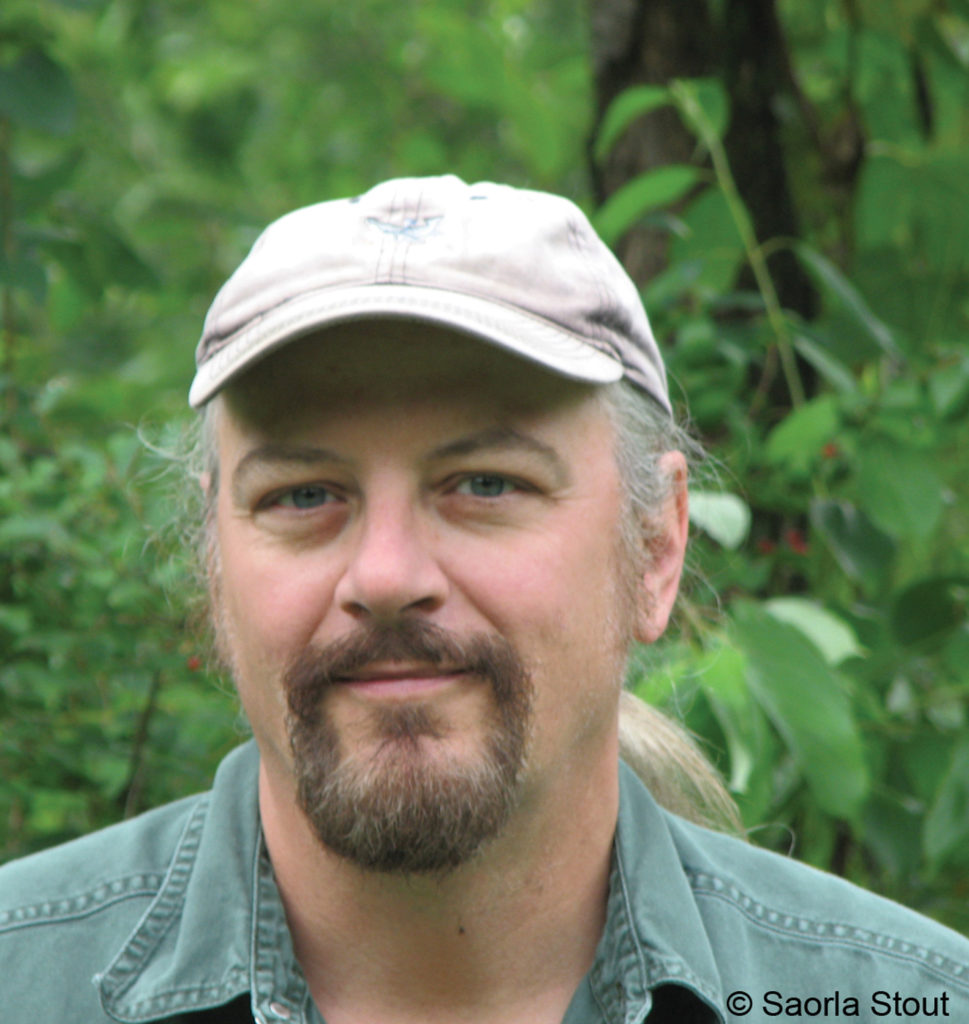
Glenn Stout began freelancing in 1986 and became a full-time writer in 1993. The only Series Editor of The Best American Sports Writing over its 30-year existence, he is the author, editor or ghostwriter of 100 books. His titles include Young Woman and the Sea; How Gertrude Ederle Conquered the English Channel and Changed the World, now in development as a motion picture for Disney+, and, most recently, Tiger Girl and the Candy Kid: America’s Original Gangster Couple. A citizen of the U.S. and Canada, he grew up in Ohio, studied poetry at Bard College, and worked as a librarian at the Boston Public Library before turning to writing. He now lives in Vermont where he writes and serves as consultant and freelance editor on book proposals, manuscripts and longform features.
What’s the most important lesson you’ve learned about writing?
To learn how I write, not just word by word, sentence by sentence and paragraph by paragraph, but also to learn the process that works for me both before and after the words first go on the page. I think when we begin to write we often sabotage ourselves through comparison with others. We all want to write like writers we admire, but discover we don’t sound that way. Then we learn that writer “A” hews to a strict schedule and writes a thousand words a day… and some days we write and some days we don’t. We learn that writer “B” meticulously takes notes on index cards… while we scrawl in notebooks and create vast piles of pages of reporting. We learn writer “C” creates grand sculptural dioramas of every story in advance of writing it… while we an outline that could fit on the palm of our hand. It’s easy to look at our own words and methods and feel diminished, lesser than. But instead of beating ourselves up by comparison, better instead to learn to recognize those first few snippets that sound like ourselves and build from that, and find the methods that best work for ourselves. Not that we don’t learn from others; we do, but the lesson is that while there is no single best way to write, there are many ways, and each of us has to discover the way that best works for us.
What has been the biggest surprise of your writing life?
Realizing that stories are the way be connect with others, that they are the basis of communication and connection. For a long time I don’t think I was aware of this, but when I began working with other writers it suddenly became clear and I finally understood why I do what I do.
You may meet a stranger and exchange small talk, but at some point you start sharing stories with one another, and when you do that you begin to find a part of yourself in the story of another. That is how we connect, and why we connect, and that’s why we do this. Because, let’s face it, none of this, really, makes sense in terms of making a living. Writing can be isolating, it doesn’t always pay well, if at all, and most of what we do only speaks to a limited audience. It’s hard to make a living this way. If you look at it logically, there are thousands of reasons not to be a writer. Yet people do it all the time. And I think the reason for that is because we’re put on the planet to connect with others, and the only way we know how to do that is through the stories we share.
If you had to use a metaphor to describe yourself as a writer, what would it be and why?
I always say I’m a laborer. When I was younger I was fortunate enough to work several years in construction, first as laborer, then form carpenter and foreman, working in concrete and steel. That experience taught me as much about writing as any workshop or conference I’ve ever attended. I learned that you can begin with a complete empty slate, a roughly graded empty lot, but that by dint of labor, showing up each day, staying at it, focusing on the job right in front of you, that six months or a year later, well goddamn, there’s a building. And then you can do it again. It’s the same way writing a story, or a book. You stay in the chair long enough, do the next task, and there it is. Writing is done in increments, one after the other. The result can be art, but the execution is mostly labor and effort, and that, in the end is all you can control. If you show up every day…
What’s the single best piece of writing advice anyone ever gave you?
Listen to written words spoken aloud. My early background in writing was almost entirely in the writing and study of poetry, and I learned that sound is just about everything, that it is the sound of the words, as much as what they mean, that distinguishes writing. I believe that a work can be accurate and correct in every way, but if it lacks sound and rhythm and pace, I don’t think it sticks in our brains, the impact is blunted. Then we don’t occupy the work, it remains at arms’ length and we don’t experience and inhabit the story, and I think that is the goal: to be immersed in a story so that when it ends we are somehow changed in way large or small. I think sound is the key to that experience, where no part of the work pushes us away, or disrupts the experience. I’m not saying we read aloud always, but that by reading aloud we learn to hear, and by learning to hear we can also learn to write so others listen and hear us.